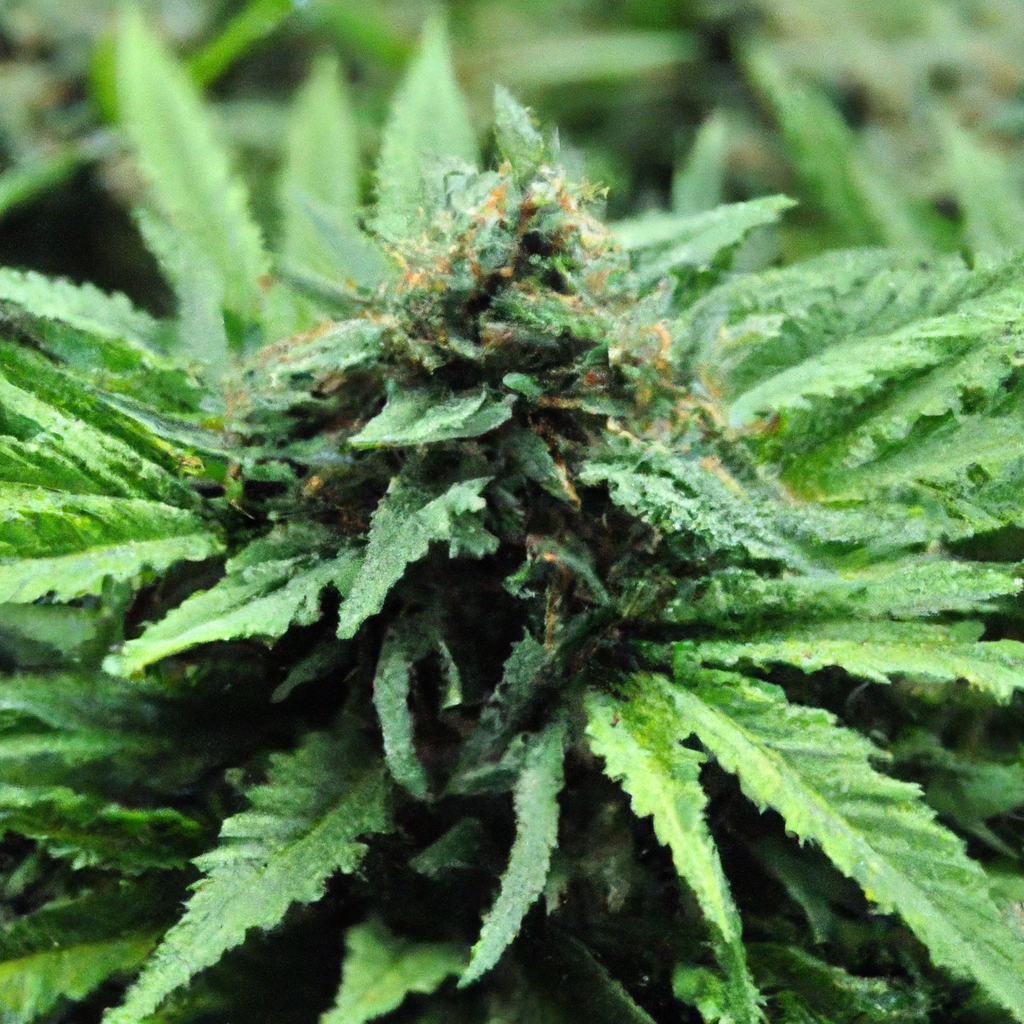Your cart is currently empty!
In an era where sustainability and health are of paramount importance, organic cannabis cultivation stands out as a path forward for environmentally conscious growers. This method not only minimizes the ecological footprint but also offers cleaner, healthier products to consumers. With natural fertilizers, compost, and innovative pest control methods, organic growing promotes robust soil ecosystems while shunning synthetic chemicals. Discover how you can cultivate cannabis organically and why it matters for both the environment and consumers.
Building Healthy Soil Ecosystems
The cornerstone of organic cannabis cultivation lies in nurturing a rich, healthy soil ecosystem. A living soil teems with beneficial microbes and fungi, which aid in nutrient absorption and promote vigorous plant growth.
- Compost: Incorporate well-decomposed compost to introduce organic matter and nutrients.
- Cover Crops: Use cover crops like clover or vetch to fix nitrogen levels and prevent soil erosion.
- Mulching: Apply organic mulches to retain moisture, suppress weeds, and gradually improve soil health.
Natural Fertilizers for Optimum Growth
Instead of synthetic fertilizers, organic growers rely on natural sources for nutrients, ensuring product purity while supporting the planet.
- Organic Manures: Utilize animal manures, such as chicken or cow manure, as they are excellent sources of nutrients when composted properly.
- Plant-Based Fertilizers: Alfalfa meal, kelp, and green manures can enrich the soil with essential elements.
- Fish Emulsion: A high-quality, nitrogen-rich option for feeding young cannabis plants.
Eco-Friendly Pest Control Methods
Pests can thwart efforts in organic cannabis cultivation, yet chemical pesticides are not an option. Fortunately, there are natural methods to manage pests effectively.
- Companion Planting: Integrate plants such as basil or marigold that repel pests naturally.
- Biological Control: Introduce beneficial insects like ladybugs and predatory mites to keep harmful pests in check.
- Organic Sprays: Neem oil and garlic-based sprays provide effective defenses against various pests.
The Benefits of Organic Cannabis
Choosing organic cannabis cultivation benefits more than just the environment; it also enhances consumer safety and satisfaction.
- Environmental Impact: Organic practices conserve water, reduce pollution, and bolster biodiversity.
- Consumer Health: Avoiding synthetic chemicals results in purer, cleaner cannabis, appealing to health-conscious users.
- Sustainability: Organic systems promote soil regeneration and offer a long-term solution for cannabis production.
Conclusion
Organic cannabis cultivation is not merely a trend—it is an eco-friendly approach that yields high-quality plants while fostering environmental stewardship. By adopting practices like healthy soil building, using natural fertilizers, and implementing non-toxic pest control, growers contribute to a healthier planet and provide consumers with superior products. The shift towards organic methods promises a sustainable future for cannabis cultivation.
Tags: OrganicGrowing, NaturalFertilizers, Compost, PestControl, SustainablePractices
Discover more from Magic Clones
Subscribe to get the latest posts sent to your email.


Leave a Reply